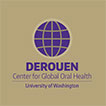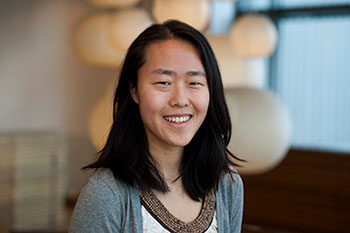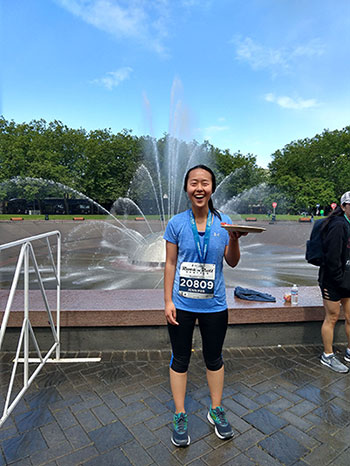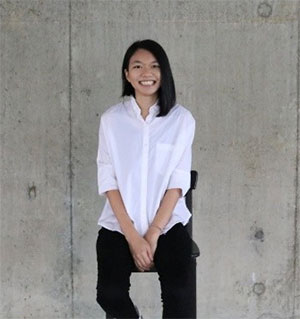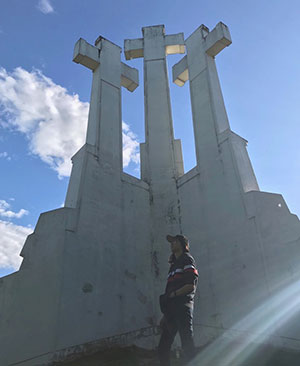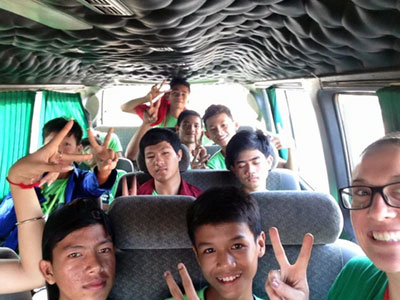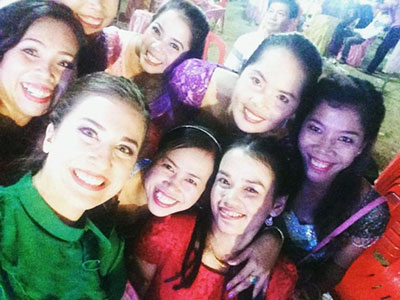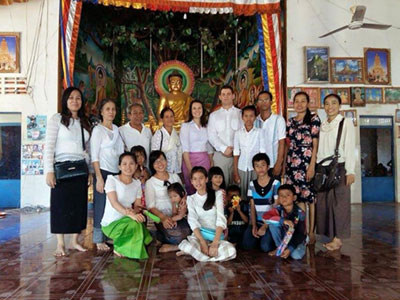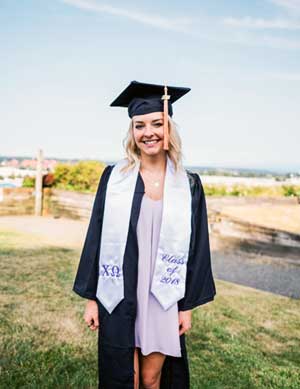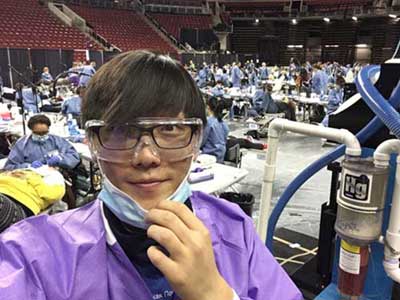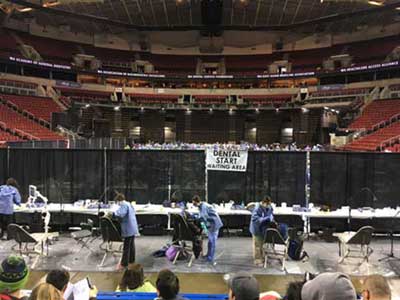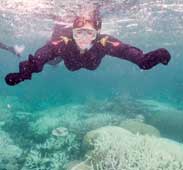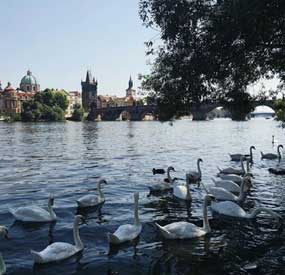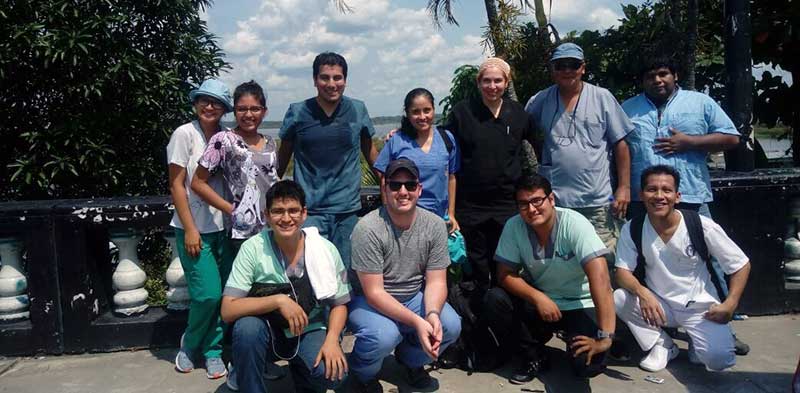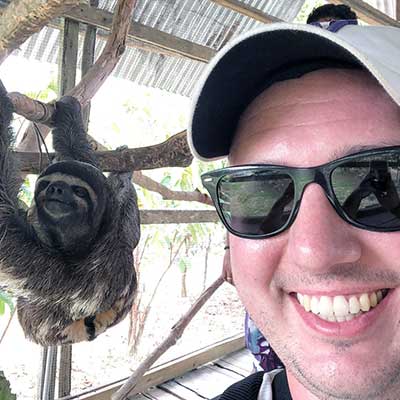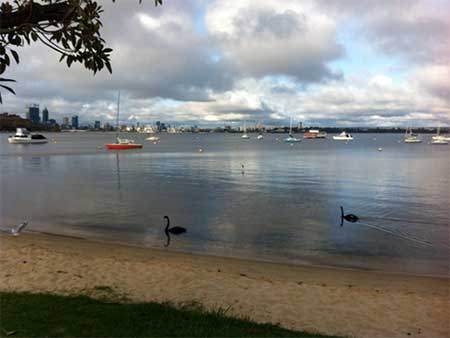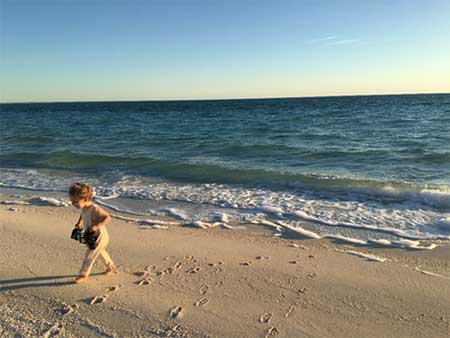A Reflection from the Chair of the Board of Directors, Timothy A. DeRouen, PhD
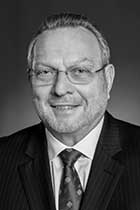
As we celebrate the success of this first fundraising breakfast, it is perhaps timely to reflect on the progress made by the Center up to now. When I retired a couple of years ago, I turned over a Center to Dr. Seminario that had its primary focus on South East Asia, through a Fogarty International Center training grant designed to enhance clinical research training for faculty in dental schools in Thailand. That training grant has now run its course, and the faculty at Khon Kaen and Thammasat Universities in Thailand now have a planning grant from the Fogarty Center to apply for their own training grant and become a resource for other dental schools in South East Asia. If they are successful, it would be a desired outcome for our efforts, and we will celebrate with them.
Since Dr. Seminario has become Director, she has extended the reach of the Center to include active research collaborations in Peru and Kenya, as well as initiating research in Seattle on refugees. This has been done in conjunction with existing research projects in Peru and Kenya by faculty in the UW Department of Global Health, and these collaborations show promise to attract significant new research funding. At the same time, the interest in the oral health of refugees in Seattle and elsewhere in the State of Washington has drawn encouragement from administrators and politicians with responsibility for refugee health.
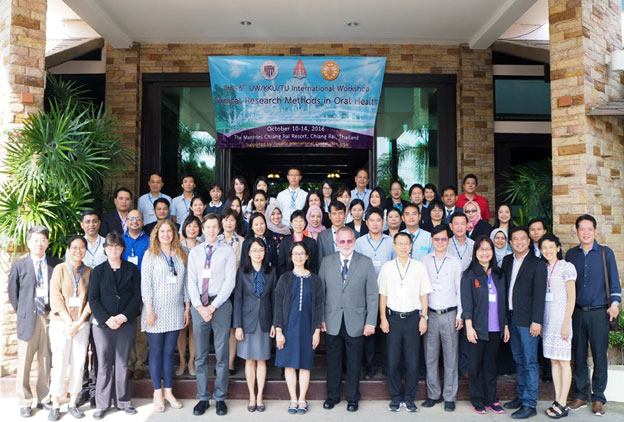
In moving in these new directions, the Center has attracted the interest of undergraduate students, dental students, graduate students in Public Health, as well as volunteers. This has allowed the Center to undertake activities such as the very successful symposium a year ago and the fundraising breakfast this year. This kind of progress has been phenomenal since there have been very limited resources to support these activities. The fundraising breakfast will provide some resources for future activities, but the future of the Center will depend on more fundraising and success in grant applications. Hopefully, these efforts will be successful, and the exciting potential of the Center demonstrated thus far will come true. I invite you to join me in looking for ways to help the Center find the resources to ensure its future success.
